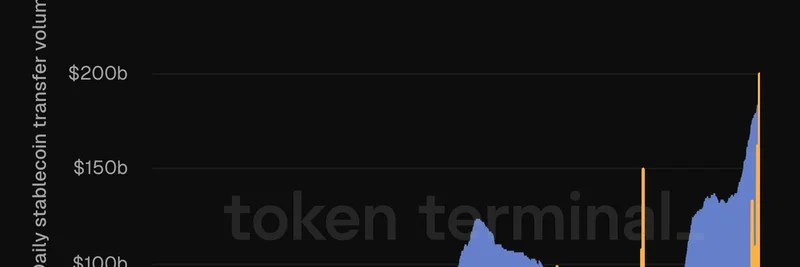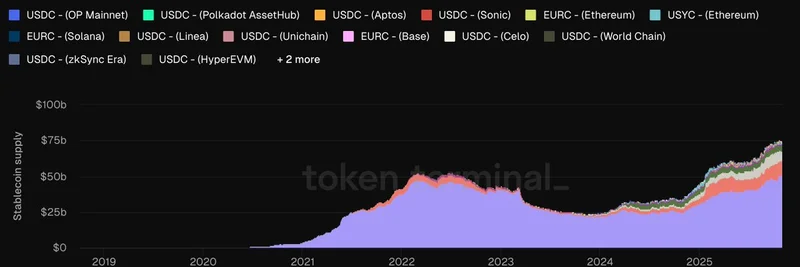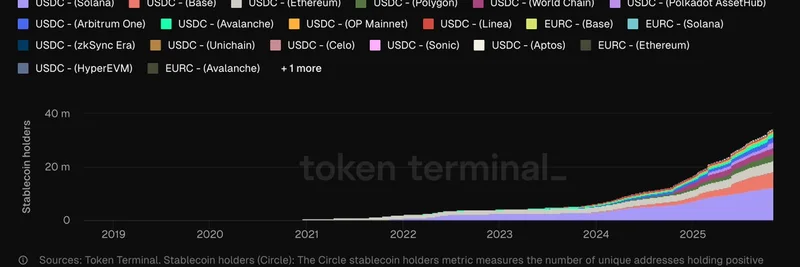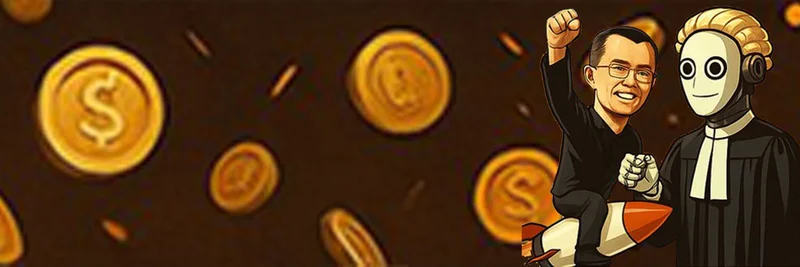Hey there, crypto curious! If you’ve ever wondered what sparks someone’s dive into the wild world of cryptocurrency, you’re in for a treat. Drew Coffman, a familiar name on X, recently shared a thread (@drewcoffman/status/1942351352556052710) that lays bare the personal experiences that radicalized him into crypto. As someone who’s been around the blockchain block (yep, I’m a former CoinDesk editor-in-chief turned Meme Insider guru), I can tell you—this story hits home for anyone questioning centralized control over our digital lives. Let’s break it down!
The Amazon Account Closure Wake-Up Call
First up, Drew points to Amazon closing his account and wiping out every eBook he “owned.” Ouch! This isn’t just a one-off gripe—back in 2017, The Guardian reported a similar case where a customer lost access to their Kindle library due to an unexplained account ban. The kicker? These eBooks weren’t really “owned”—they’re tied to digital rights management (DRM), meaning Amazon can revoke access anytime. For Drew, this likely sparked a realization: centralized platforms hold too much power over our digital assets. Enter crypto, where blockchain tech promises true ownership via decentralized wallets.
A Friend’s Debanking Dilemma
Next, Drew mentions a close friend getting “debanked.” If you’re new to the term, debanking happens when banks or financial services cut ties with individuals or groups, often without clear reasons—sometimes due to ideological differences. A Viewpoint Diversity Score report highlighted PayPal’s suspension of the Free Speech Union’s account as a glaring example, only reversed after public outcry. Imagine losing access to your funds overnight! This kind of vulnerability could easily push someone toward crypto, where decentralized finance (DeFi) offers alternatives like stablecoins and peer-to-peer transactions, free from traditional bank gatekeepers.
Meta’s Suspicious Suspension
Lastly, Drew calls out Meta suspending the Base IG account for no apparent reason. This echoes a common frustration—social media giants like Meta can silence voices at will. A Reddit thread from 2024 shows users grappling with similar Meta account suspensions, often citing vague policy violations. For Drew, this might have been the final straw, highlighting how centralized platforms can censor without accountability. Crypto communities, built on open blockchains, offer a counterpoint—think decentralized social platforms like Mastodon, powered by the same tech.
Why This Matters for Crypto Newbies
So, what ties these experiences together? They’re all about losing control—over your books, your money, your voice. Crypto, with its promise of decentralization, steps in as a solution. At Meme Insider, we’re all about decoding this space, especially with meme tokens that blend fun with financial freedom. Drew’s story isn’t just personal—it’s a rallying cry for anyone tired of corporate overreach.
The Bigger Picture
Globally, the crypto movement is growing. CFR.org notes that even governments are exploring digital currencies to keep up with Bitcoin’s rise, while countries like China have banned crypto outright. This tug-of-war shows why personal experiences like Drew’s resonate—they fuel the push for a decentralized future. Whether it’s owning your digital goods or dodging debanking, crypto offers tools to reclaim autonomy.
What about you? Has a tech giant ever left you questioning your digital rights? Drop your thoughts in the comments—I’d love to hear what might radicalize you into crypto! And if you’re keen to dive deeper, check out our Meme Insider knowledge base for the latest on meme tokens and blockchain tech. Let’s learn and grow together!




